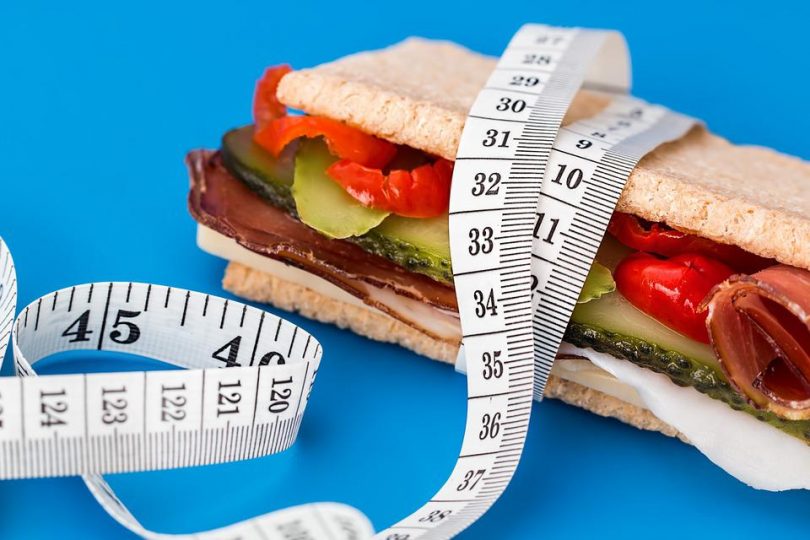Introduction:
Calories are a fundamental unit of energy that play a crucial role in our daily lives, especially when it comes to nutrition, weight management, and overall well-being. In this article “Demystifying Calories: Understanding Their Role in Your Body and How to Burn More”, we will dive deep into the world of calories, unraveling their significance, and providing valuable insights into how you can burn more calories to achieve your health and fitness goals.
-
What Are Calories?
- Explanation of the scientific definition of calories as a unit of energy.
- Differentiating between kilocalories (kcal) and calories.
- Highlighting the significance of calories as the fuel for our bodies.
-
The Role of Calories in Your Body:
- Understanding how calories are utilized by the body for various functions.
- Explaining the connection between calorie intake and energy balance.
- Discussing the concept of basal metabolic rate (BMR) and its impact on calorie expenditure.
-
Calorie Intake: Quality vs. Quantity:
- Exploring the importance of nutrient-dense foods for optimal health.
- Discussing the difference between empty calories and nutrient-rich calories.
- Highlighting the significance of macronutrients (carbohydrates, proteins, and fats) and their caloric values.
-
Factors Affecting Caloric Expenditure:
- Discussing the impact of age, gender, weight, and body composition on calorie burning.
- Exploring the thermic effect of food (TEF) and its influence on energy expenditure.
- Mentioning the impact of physical activity levels on calorie burn.
-
Strategies to Burn More Calories:
- Incorporating strength training and resistance exercises to boost metabolism.
- Explaining the benefits of cardiovascular exercises for calorie burning.
- Introducing high-intensity interval training (HIIT) as an efficient calorie-burning method.
-
Non-Exercise Activities that Burn Calories:
- Highlighting the importance of daily movement and its impact on calorie expenditure.
- Suggesting simple lifestyle changes such as taking the stairs, walking, and standing more frequently.
- Discussing the concept of NEAT (non-exercise activity thermogenesis) and its role in burning calories.
-
Tracking Caloric Intake and Expenditure:
- Discussing the benefits of food tracking apps and wearable fitness devices.
- Introducing the concept of maintaining a food diary to monitor calorie intake.
- Mentioning the significance of setting realistic goals and staying consistent.
-
Myths and Misconceptions About Calories:
- Debunking common myths surrounding calories and weight loss/gain.
- Challenging the notion of “negative calorie” foods.
- Discussing the importance of a balanced approach to calorie management.
-
The Importance of Rest and Recovery:
- Explaining the significance of rest and recovery in calorie management.
- Discussing how inadequate sleep can impact appetite-regulating hormones and lead to increased calorie intake.
- Highlighting the role of rest in muscle repair and growth, which can indirectly contribute to increased calorie burn.
-
Mindful Eating and Portion Control:
- Introducing the concept of mindful eating and its impact on calorie consumption.
- Explaining the benefits of slowing down during meals and being aware of hunger and fullness cues.
- Discussing portion control strategies to avoid overeating and manage calorie intake effectively.
-
The Psychological Aspect of Calorie Management:
- Discussing the emotional and psychological factors that can influence calorie intake and expenditure.
- Addressing the importance of managing stress, emotional eating, and building a healthy relationship with food.
- Suggesting strategies such as mindful practices, stress reduction techniques, and seeking professional support if needed.
-
Understanding Caloric Deficits and Surpluses:
- Explaining the concept of caloric deficits and surpluses in relation to weight loss and weight gain.
- Discussing the recommended rates of sustainable weight loss/gain through moderate caloric changes.
- Highlighting the importance of individualized approaches and consulting professionals for personalized guidance.
-
The Role of Genetics in Calorie Management:
- Briefly touching upon the influence of genetics on metabolism, calorie utilization, and weight regulation.
- Clarifying that while genetics play a role, lifestyle factors such as diet and exercise still have a significant impact on calorie management.
-
Long-Term Strategies for Sustainable Calorie Management:
- Emphasizing the importance of long-term habits over short-term fixes.
- Encouraging a balanced approach to calorie management that focuses on overall health and well-being.
- Highlighting the benefits of gradual and sustainable changes to promote lasting results.
Conclusion:
Understanding the role of calories in your body is crucial for making informed decisions about your diet, exercise routine, and overall health. By focusing on a combination of nutrient-dense foods, regular physical activity, and healthy lifestyle habits, you can achieve a balanced approach to calorie management and optimize your well-being. Remember, the key lies in finding a sustainable routine that works for you and supports your long-term health goals.
By understanding the role of calories in your body, implementing effective strategies to burn more calories, and adopting a holistic approach to calorie management, you can achieve your health and fitness goals. Remember that individualized approaches, consistency, and patience are key in developing a sustainable lifestyle that supports long-term well-being.
For more please Click Here.








